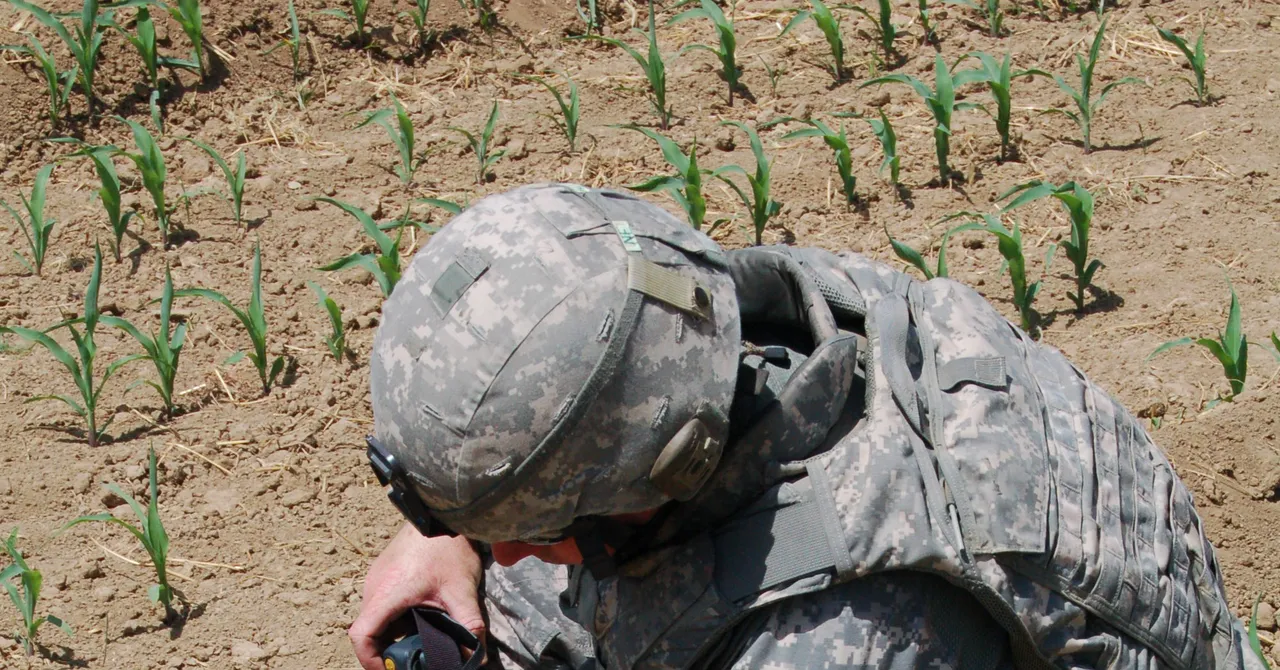Pakistan’s military is leasing state land for farming to enhance crop yields and conserve water.
However, critics say it widens the military’s role in civilian matters. Amid economic woes, public protests have surged over rising utility costs.
The farming initiative has state approval and targets 1.11 million acres, mostly in Punjab’s Cholistan Desert.
Leases will last up to 30 years for growing crops like wheat and cotton. Confidential papers reveal 20% of profits will fund farming research.
The rest will be shared between the state and the military. Fongrow, a military-related project, already operates a pilot farm in Punjab.
Its yield reports claim a 135% improvement.
Yet, the plan faces legal pushback. Initially, a high court stopped the land transfer. Later, another court reversed that decision.
Experts question the military’s farming skills and call for more transparency. Moreover, the initiative conflicts with the government’s own food security advice.

This suggests focusing on small farmers instead.
Political tensions are also rising. Ex-Prime Minister Imran Khan’s imprisonment adds fuel to the fire.
With elections coming, there’s buzz about the military’s expanding governance role.
Foreign investment from Gulf states and China may also enter the picture, creating more complications.
In summary, the military’s new farming role sparks debate. Supporters see a food solution, but skeptics want more clarity.
Questions remain on the plan’s broader impact on Pakistan’s struggling economy and landless citizens.
Background Military Pakistan
The farming initiative comes at a time when Pakistan is grappling with economic instability and rising public discontent.
As the military is already a dominant force in the country, this move could further blur the lines between military and civil governance.
It’s crucial to remember that the military has ruled Pakistan for nearly half of its history, making any expansion of its role noteworthy.
This situation raises questions about whether the military is the right institution to address food insecurity.
Fongrow’s pilot project shows promise, but many experts suggest the military lacks the specialized skills for large-scale farming.
The plan also deviates from governmental policy, which emphasizes aiding small farmers. In the larger context, this farming venture may be a double-edged sword.
While it could help boost agricultural output, it risks deepening military influence and ignoring the needs of rural communities.

